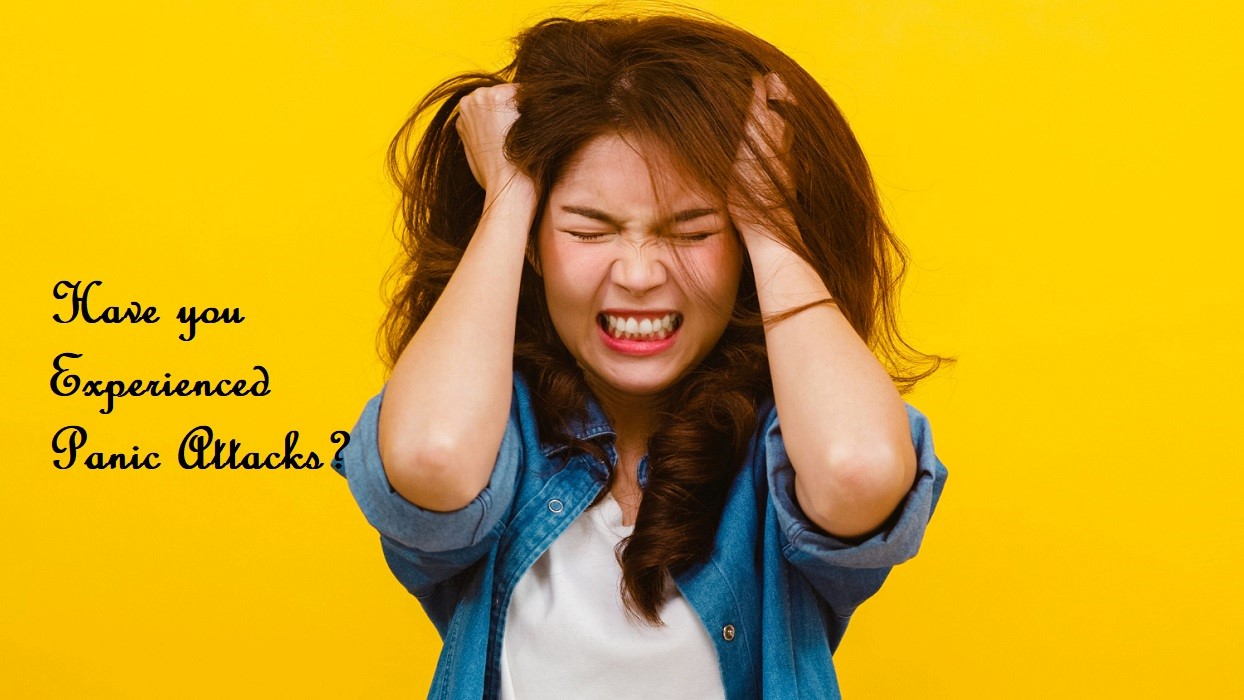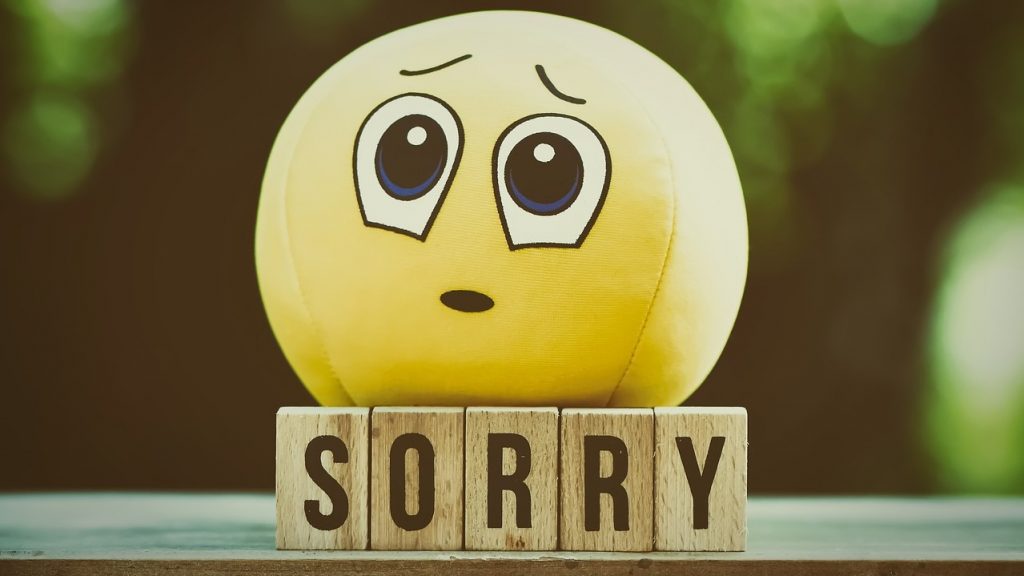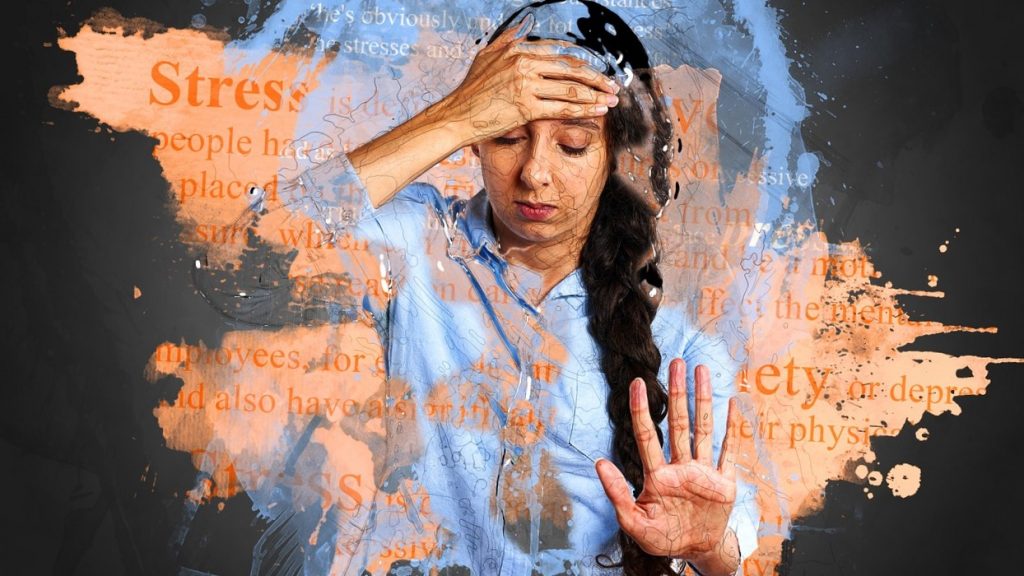Do you think you have panic attacks sometimes and want to know how to deal with panic attacks? You are at the right place; this article explains everything in detail about panic attacks and how to handle panic attacks. Dealing with panic attacks can be challenging for anyone who has ever experienced one.
Panic attacks are a type of anxiety disorder that can cause severe and overwhelming feelings of fear, anxiety, nervousness, and discomfort. They often occur suddenly and unexpectedly, causing physical and emotional symptoms that can be terrifying and can be triggered by different events or situations. However, there are several ways to deal with panic attacks and prevent them from happening. In this article, we are trying to explore panic attacks, how to deal with panic attacks, and how to prevent them.
What is a Panic Attack?
A panic attack is a sudden and intense onset of anxiety that can cause physical and emotional symptoms. Panic attacks are generally short-lived, lasting anywhere from a few minutes to half an hour, but they can be extremely frightening and can feel much longer. Panic attacks often occur in situations that are perceived as frightening, such as public speaking, flying, or driving.
Symptoms of Panic Attacks
Panic attack symptoms may vary from person to person. If you are finding an answer to how to handle panic attacks, identify the below-listed symptoms early:
- Rapid heart rate or heart palpitations
- Sweating
- Trembling or shaking
- Severe shortness of breath and feel like unable to breathe
- Chest pain or discomfort
- Nausea or stomach upset
- Feeling dizzy, lightheaded, or faint
- Feeling detached from reality or like you’re losing control
- Fear of dying
- Hot flashes
- Fear of having a heart attack
Causes of Panic Attacks
The exact causes of panic attacks are not scientifically proven or understood, but they are thought to be related to a combination of certain factors such as genetic, biological, and environmental aspects. Some of the most typical causes of panic attacks are:
- Genetics/family history: Studies suggest that there is an increased risk of developing panic attacks if one of your first-level relatives has the condition.
- Brain changes: Panic attacks may be caused by an imbalance of certain chemicals in the brain or even changes in brain functioning.
- Environmental factors: Trauma, stress, or significant life changes can trigger panic attacks in some people.
- Medical conditions: Certain medical conditions, such as thyroid problems or heart disease are said to increase the risk of panic attacks.
- Stress and negative emotions
Risk Factors for Panic Attacks
While anyone can experience a panic attack, there are certain risk factors that can increase the likelihood of developing panic disorder. Some of these risk factors include:
- Family history of panic disorder or other anxiety disorders
- Significant life changes, such as marriage or divorce, moving, or the death of a loved one
- High stress level or a traumatic event
- A history of physical or sexual abuse
- Certain medical conditions, such as asthma, thyroid, irritable bowel syndrome, etc.
Diagnosis of Panic Attacks
Panic attacks are typically diagnosed by a mental health professional, such as a psychologist or psychiatrist. The diagnostic criteria for panic disorder include:
- Recurrent unexpected panic attacks
- At least one of the panic attacks has been followed by one month or more of persistent concern or worry about having additional panic attacks or their consequences
- Significant maladaptive change in behavior related to the attacks (e.g., avoiding certain situations)
How to Handle Panic Attacks?
The first step in dealing with panic attacks is to understand what they are and how they occur. Panic attacks are sudden episodes of intense fear and anxiety that can be triggered by various situations or events. During a panic attack, a person may experience physical symptoms such as heart palpitations, sweating, trembling, shortness of breath, and chest pain. These symptoms can be very distressing and can make a person feel like they are having a heart attack or are going to die.
It is essential to understand that panic attacks are not dangerous and do not cause any harm to the body. They are the body’s natural response to stress and anxiety. Therefore, it is crucial to learn how to manage them effectively and prevent them from interfering with your daily life.
Practical Tips to Deal with Panic Attacks
- Practise Deep Breathing: Deep breathing is an effective way to reduce the physical symptoms of panic attacks. When you feel a panic attack coming on, try to take slow, deep breaths. Focusing on your breath and slow inhale-exhale therapy is a great breathing exercise.
- Use Positive Self-Talk: Positive self-talk can help you manage your emotions and thoughts, supporting you to deal with panic attacks. Tell yourself that you are okay and that the panic attack will pass.
- Identify Your Triggers: It is important to identify what triggers panic attacks in you. Try to avoid them or manage those triggering events or situations effectively. For example, if a social situation triggers your panic attack, get help from your close friend or a family member to attend social events.
- Practise Relaxation Techniques: Relaxation techniques such as yoga, meditation, and progressive muscle relaxation techniques can help you handle panic attacks by regularising your stress and negative emotions. These techniques can help you relax your body and calm your mind, making it easier to manage panic attacks.
- Get Enough Sleep: Getting enough sleep is key to dealing with stress and anxiety. Lack of sleep can make you more vulnerable to panic attacks. Try to get a minimum of 7-8 hours of sleep per night.
- Avoid Stimulants: Stimulants such as caffeine and nicotine can trigger panic attacks in some individuals. If you are prone to panic attacks, better avoid these substances or limit your intake. If you want to reduce the intake of these substances, do it gradually to avoid withdrawal symptoms.
- Seek Professional Help: If you are experiencing frequent panic attacks, you should seek help from a qualified mental health professional. A mental health professional can help to identify the underlying causes of your panic attacks and develop a personalised treatment plan that includes therapy, medication, or a combination of both.
Preventing Panic Attacks
You can prevent panic attacks using several self-managing techniques and practical tips. Identifying the triggering factors and management of these elements can help you prevent panic attacks.
- Manage Stress: Stress is a common triggering factor for panic attacks. Reduce your stress effectively by exercising regularly, practising relaxation techniques, and trying to maintain a healthy work-life balance.
- Avoid Nicotine, Caffeine, and Alcohol: Caffeine, nicotine, and alcohol can trigger panic attacks. Hence, we suggest you avoid or limit your intake of these substances to lower the risk of panic attacks.
- Practising Mindfulness: Practising mindfulness can help you prevent panic attacks, by focusing on the present and recentre thoughts.
- Get Professional Help: If you are struggling to manage your panic attacks, it is essential to seek professional help at the right time. A therapist or counselor can help you develop effective coping strategies and handle your panic attack symptoms.
Treatment for Panic Attacks
Panic attacks can be a frightening experience, but with the right techniques and control strategies, they can be managed effectively. The first step in dealing with panic attacks is to understand what they are. Given below are some of the ways to handle panic attacks effectively.
Identifying Triggers
To manage panic attacks, it is important to identify the triggers that can bring them on. Some common triggers include certain places, situations, or activities that can cause feelings of anxiety. Once these triggers are identified, it is easier to take steps to manage them or avoid them altogether.
Breathing Techniques
Breathing techniques are a highly effective technique for managing panic attacks. When experiencing a panic attack, the body can worsen symptoms such as dizziness, chest tightness, headache, etc. Practising deep breathing exercises can help to slow down breathing and reduce these symptoms.
Cognitive Behavioral Therapy
Cognitive-behavioral therapy (CBT) is a form of talk therapy that can be highly effective in managing panic attacks. This type of therapy focuses on identifying negative thought patterns and replacing them with more positive and realistic thoughts. CBT can help individuals to develop coping strategies for dealing with panic attacks, and it can also help to address any underlying anxiety or depression.
Panic Attack vs. Anxiety Attacks
While panic attacks and anxiety attacks share some similarities, there are also several key differences between the two. Panic attacks are typically sudden and intense, while anxiety attacks are more persistent and chronic. Panic attacks are also usually accompanied by physical symptoms, while anxiety attacks are not.
Anxiety attacks, also known as generalised anxiety disorder, are characterised by excessive and persistent worry or fear of everyday situations. Unlike panic attacks, anxiety attacks don’t show any physical symptoms. However, individuals with anxiety attacks may experience muscle tension, restlessness, and difficulty sleeping. Anxiety attacks are often caused by a combination of genetic, environmental, and psychological factors, and can also be triggered by specific situations, such as social events or work-related stress.
Panic attacks can occur without warning and can be triggered by a specific situation or event, while anxiety attacks are often caused by chronic stress or worry. Finally, panic attacks are often more severe than anxiety attacks, although both can be very distressing and interfere with daily life.
When to Seek Medical Help for a Panic Attack?
Panic attacks may occur one or two times in their lifetime and they may go away when the stressful situation ends. While they are not usually dangerous, they can be very uncomfortable and interfere with daily life. It is important to seek medical help if you experience recurrent or severe panic attacks, or if your symptoms are interfering with your daily activities.
Recurrent Panic Attacks
If you experience panic attacks on a regular basis, it is important to seek medical help. Recurrent panic attacks can be a sign of panic disorder, a type of anxiety disorder that can be very disruptive to daily life. Symptoms of panic disorder include frequent panic attacks, fear of having another panic attack and avoiding situations that may trigger a panic attack.
Severe Panic Attacks
If you experience severe panic disorder, get medical help to handle panic attacks effectively. Severe panic attacks can be very distressing and may interfere with your ability to function in daily life. Symptoms of a severe panic attack may include intense fear or terror, sweating, trembling, chest pain, and a feeling of choking or suffocating.
Interference with Daily Activities
If your panic attacks are interfering with your daily activities, it is important to seek medical help. Panic attacks can make it difficult to perform everyday tasks, such as going to work or school, and can also interfere with social activities and relationships. Seeking medical help can help you manage your panic attack symptoms.
Difficulty Concentrating
If you are facing difficulting concentrating on your work or other activities, consult a professional medical practitioner.
Are panic attacks dangerous?
While panic attacks can be very distressing and frightening, they are not usually dangerous. Panic attacks can make you feel as if you are having a heart attack or going to die. However, they can interfere with daily life and may be a sign of an underlying mental health condition that requires treatment. It is important to seek medical help if you experience recurrent or severe panic attacks, as a doctor or mental health professional can provide an accurate diagnosis and appropriate treatment to help you manage your symptoms and improve your quality of life.
Conclusion
Hope your search for “how to handle panic attacks?” ends here. Dealing with panic attacks can be challenging, but it is possible to manage them effectively and prevent them from interfering with your daily life. By understanding the nature of panic attacks and using practical tips such as deep breathing, positive self-talk, and relaxation techniques, you can learn to manage your symptoms effectively. Additionally, by preventing panic attacks through stress management, avoiding triggers, and seeking professional help when necessary, you can take control of your life.



